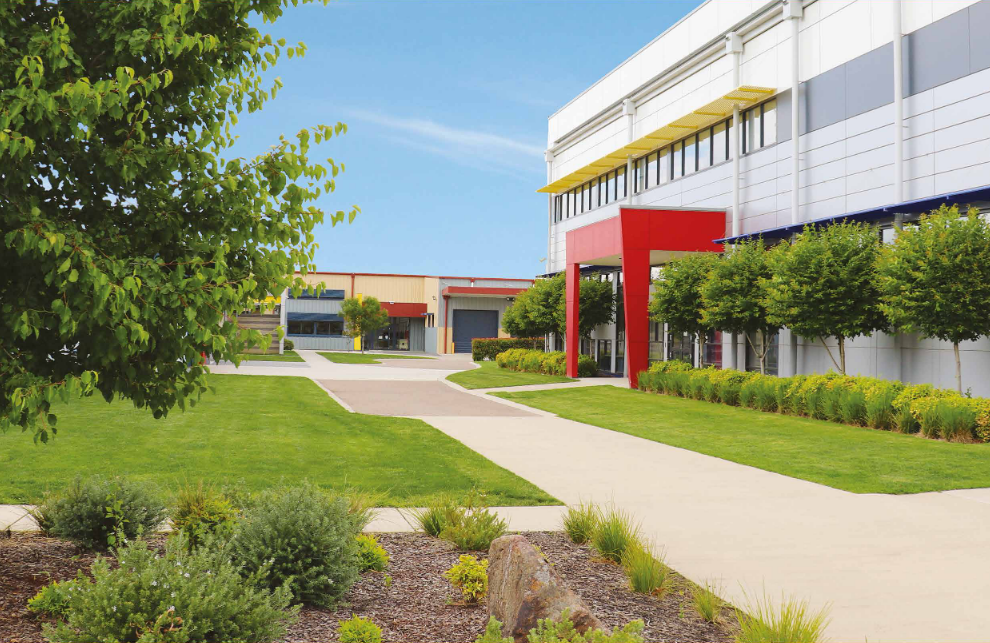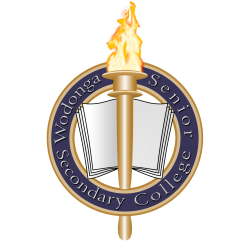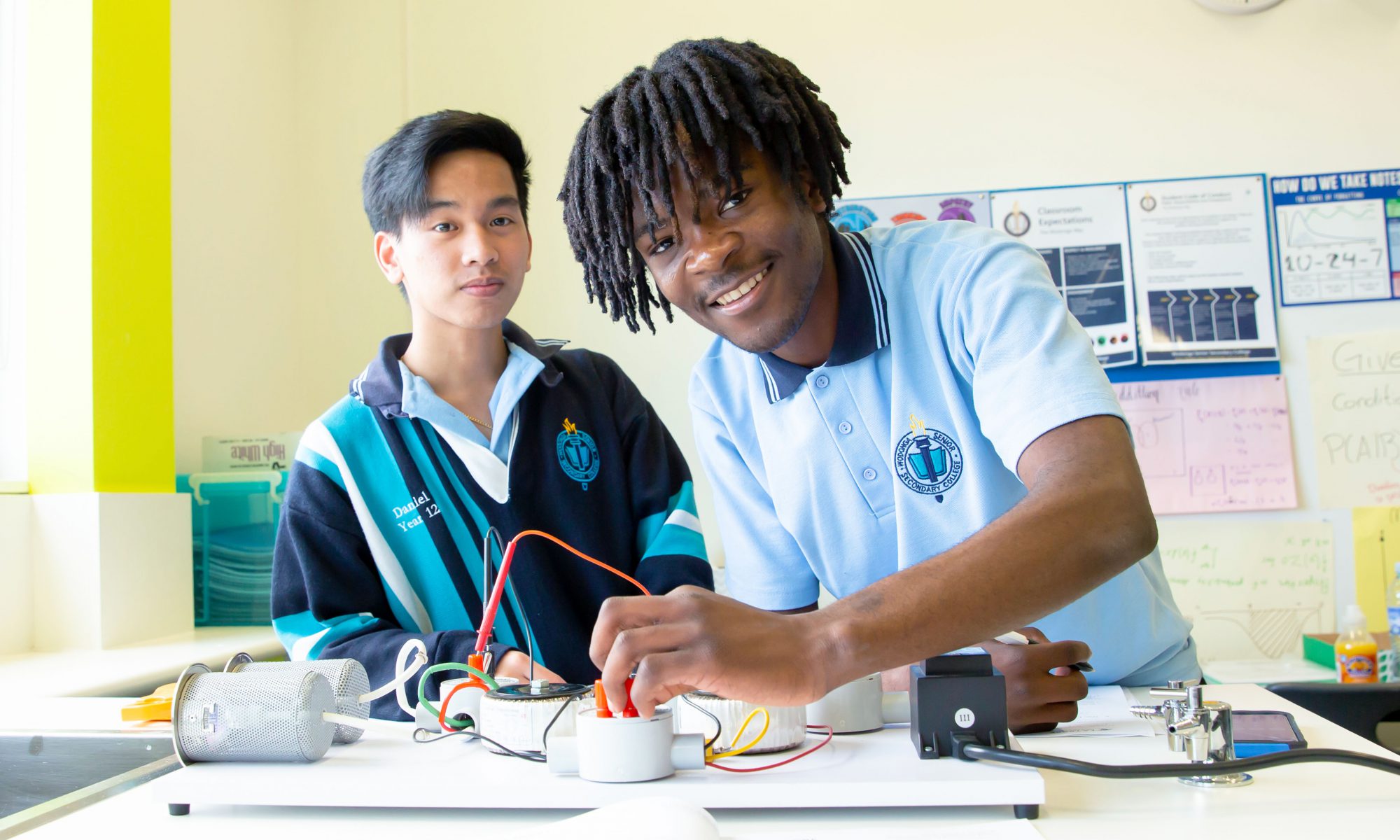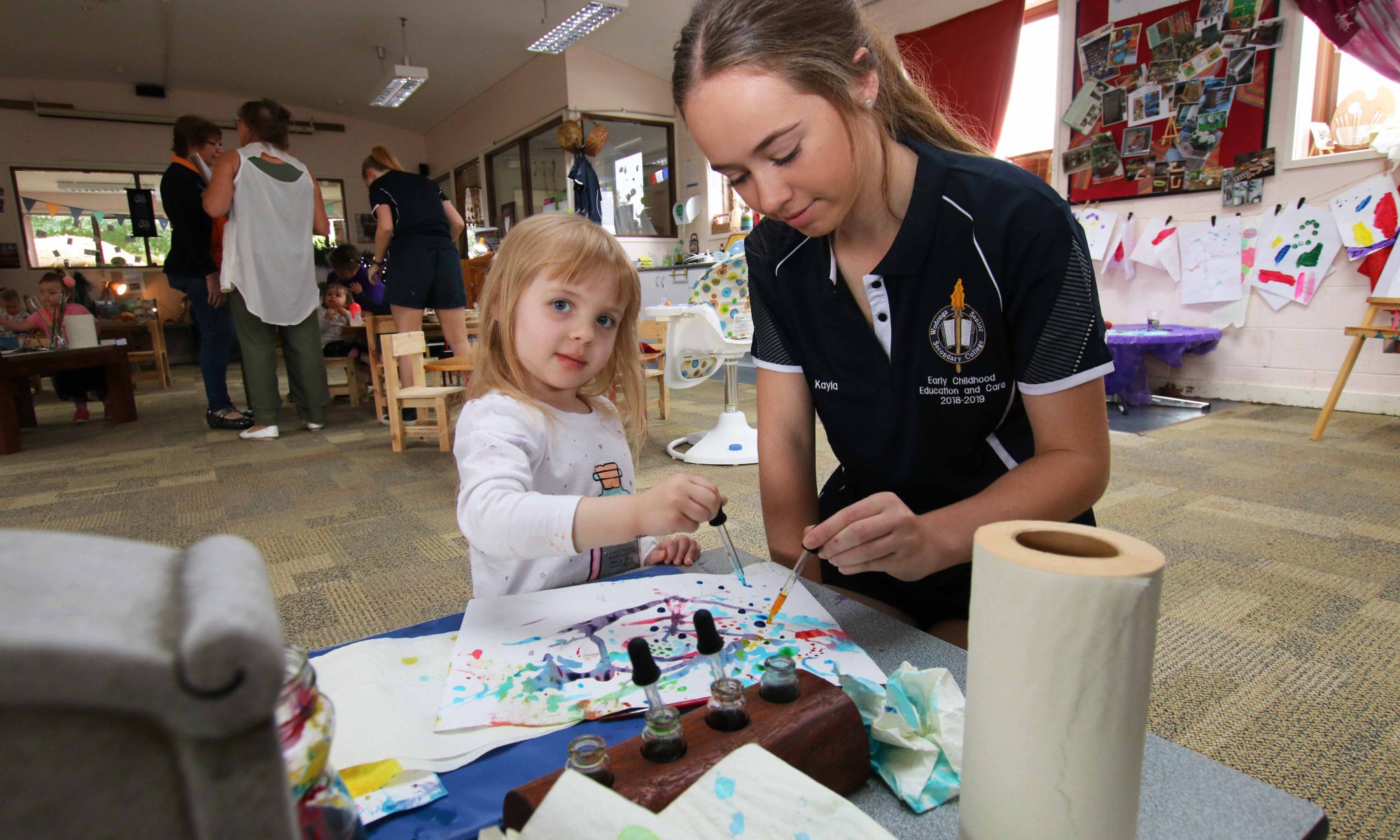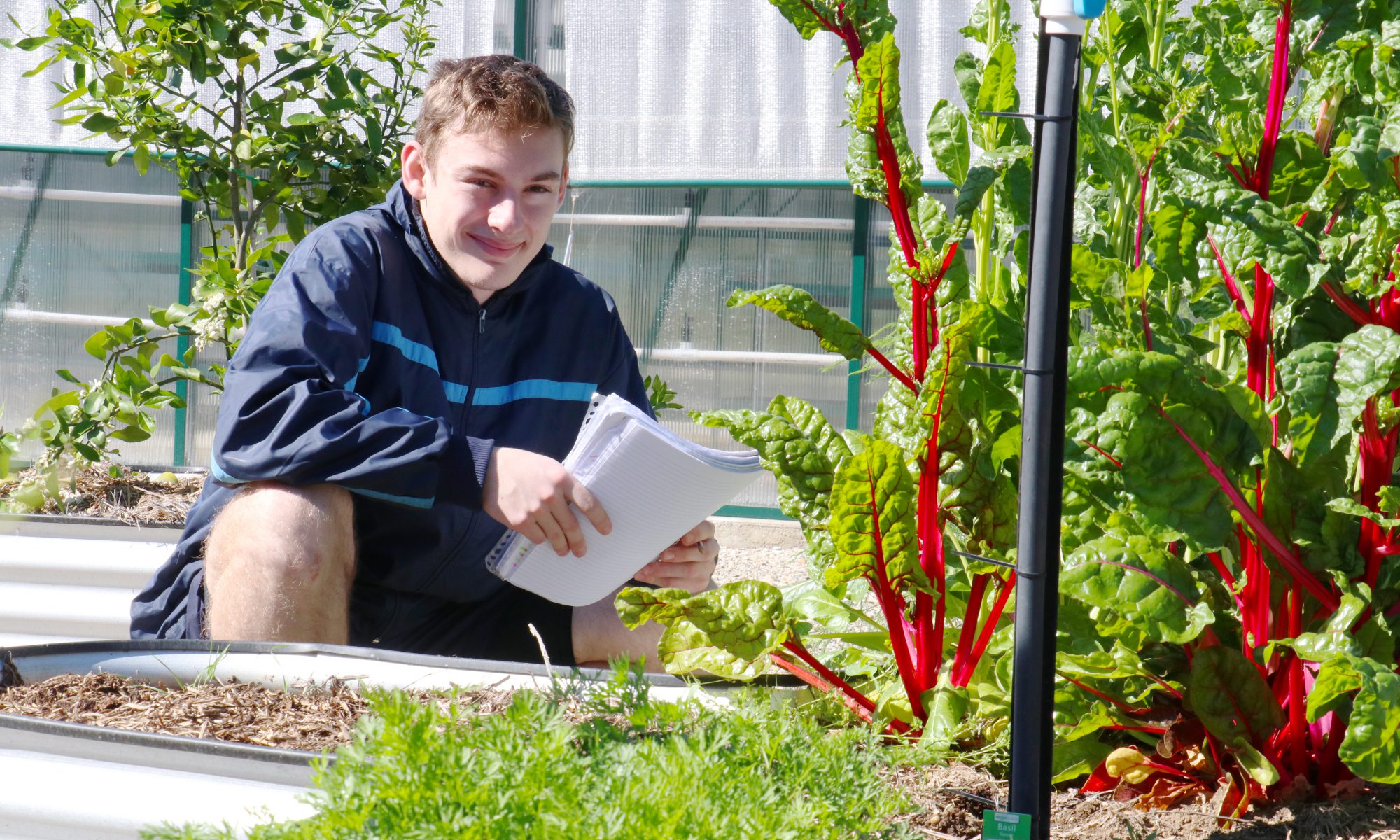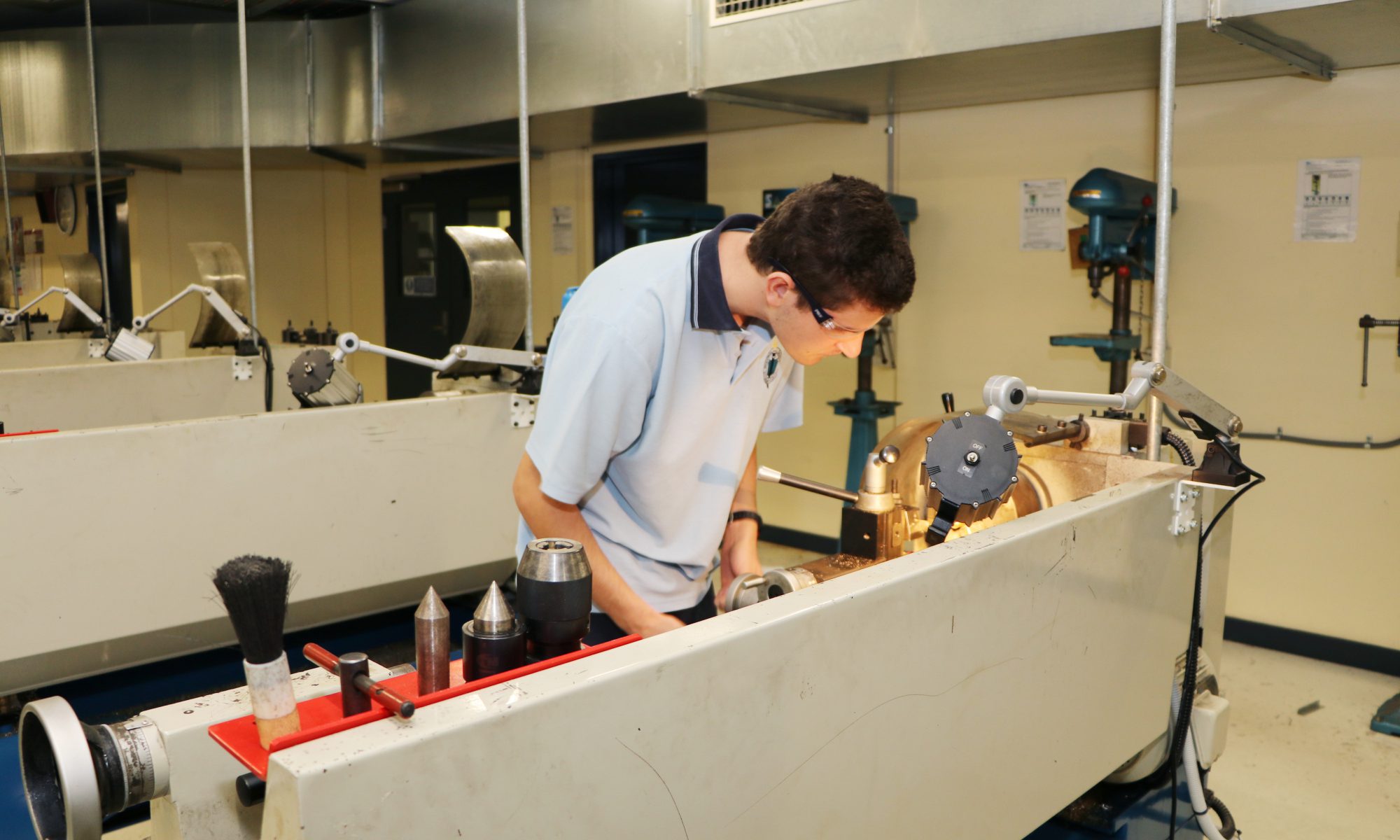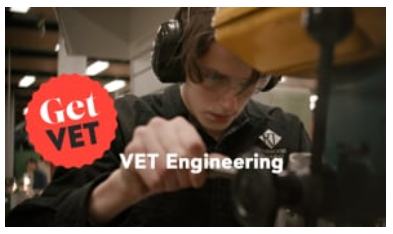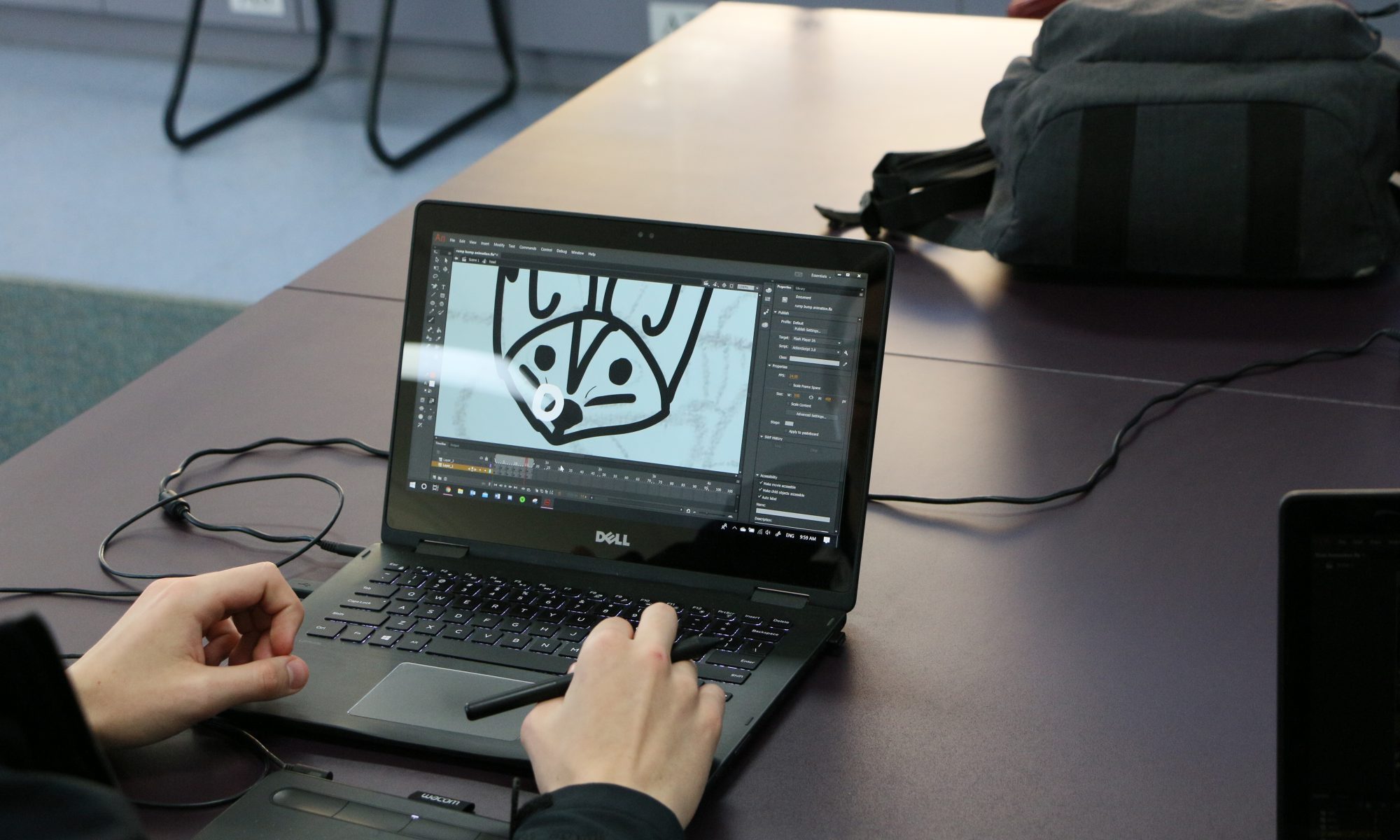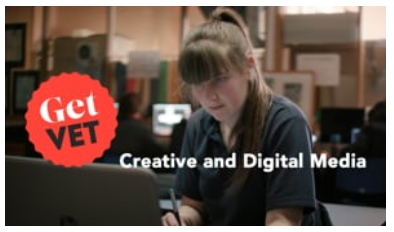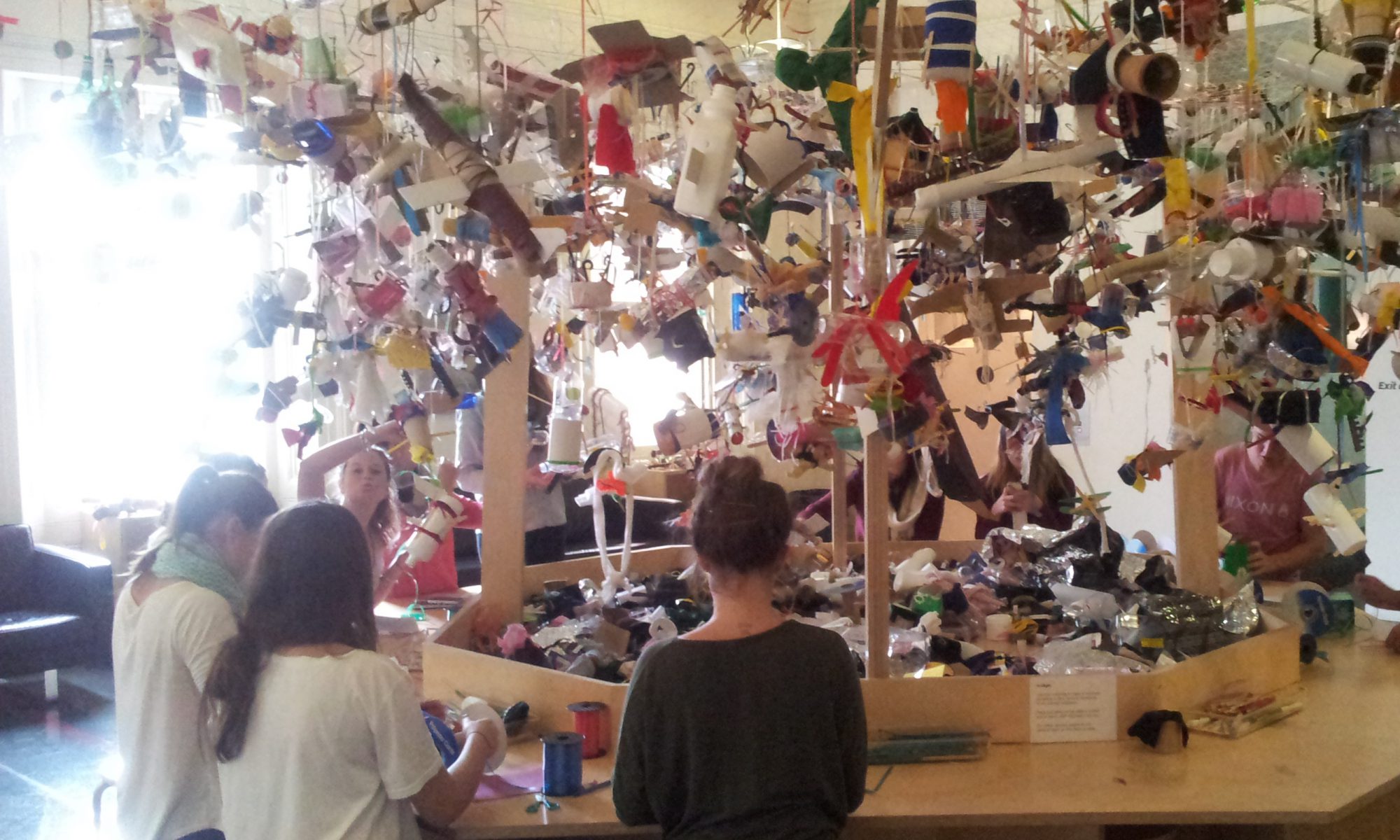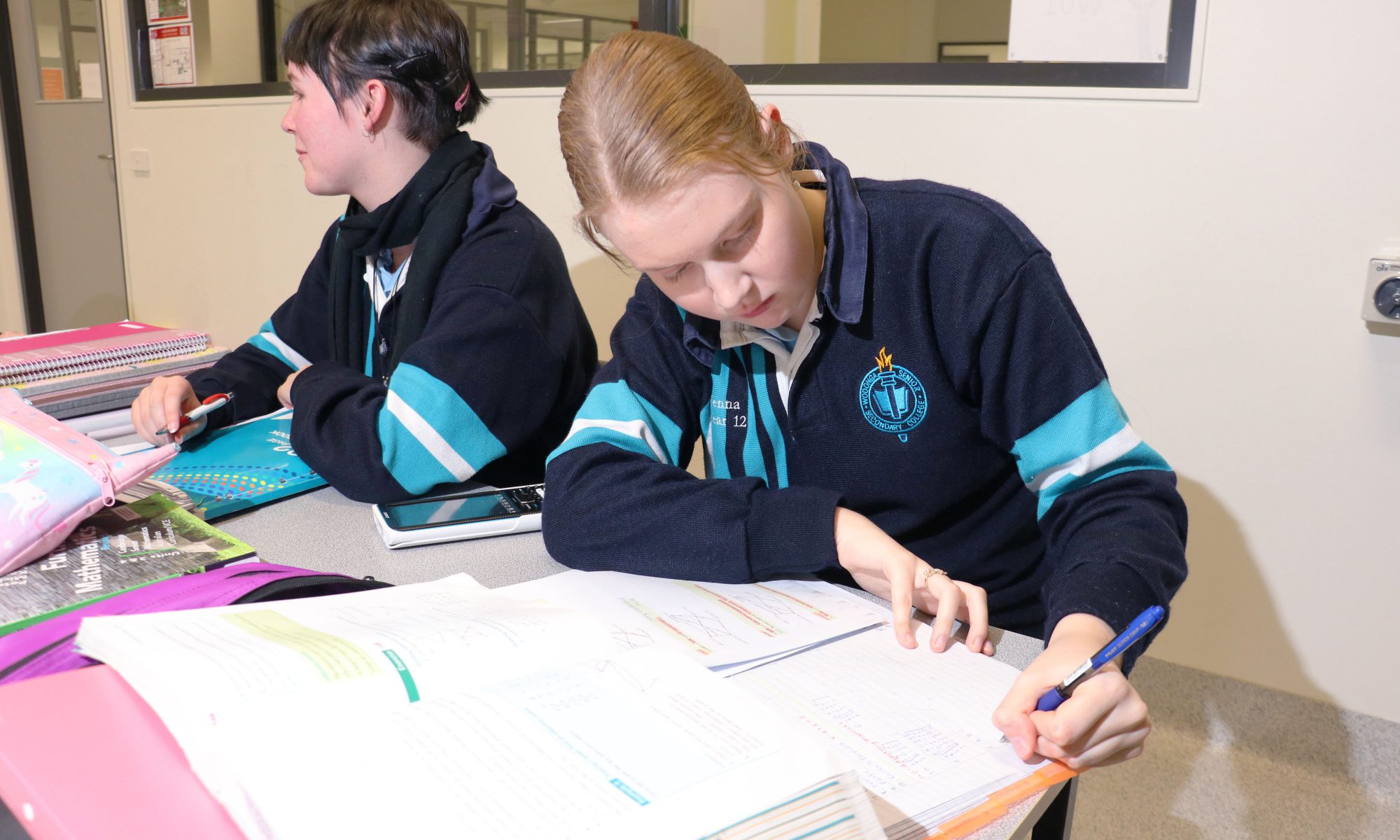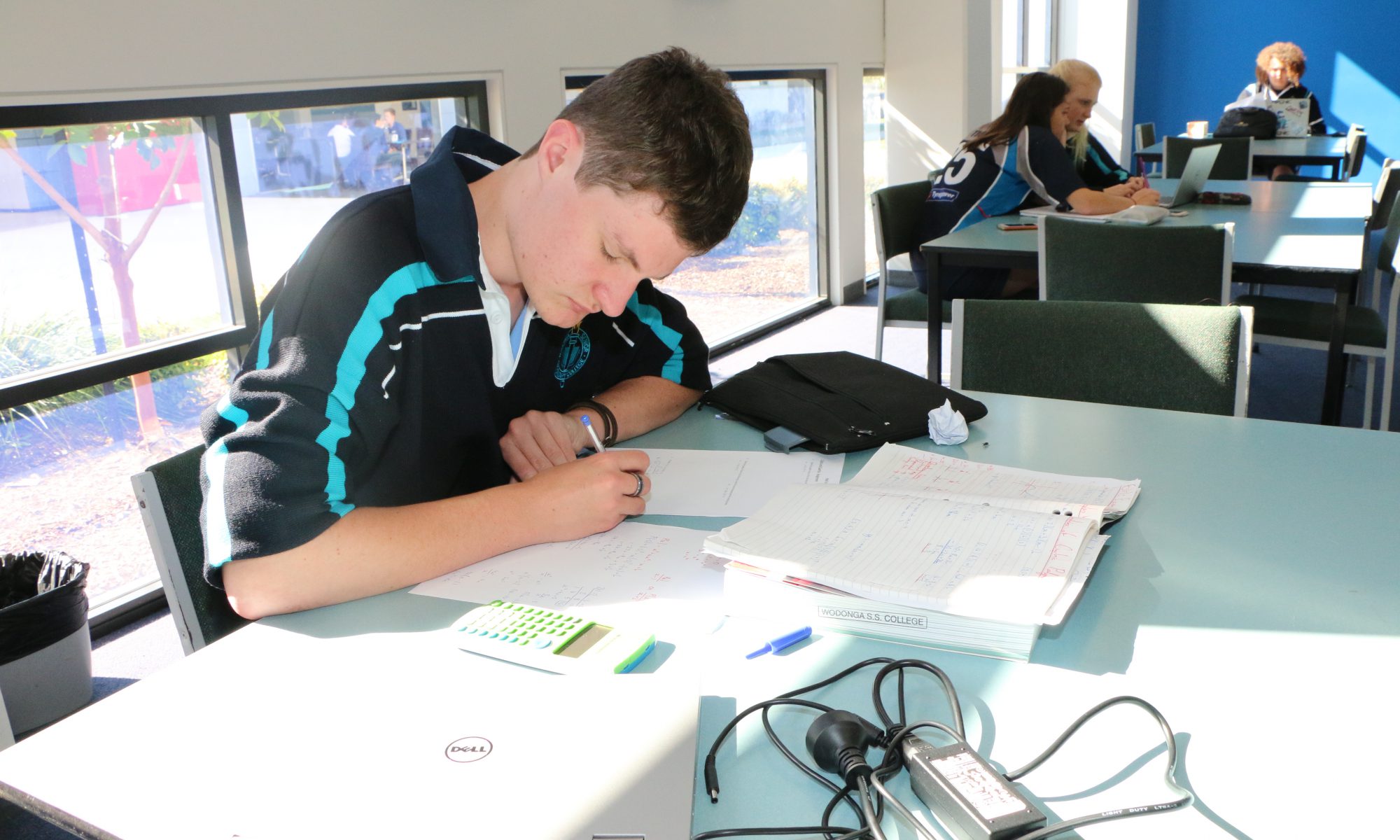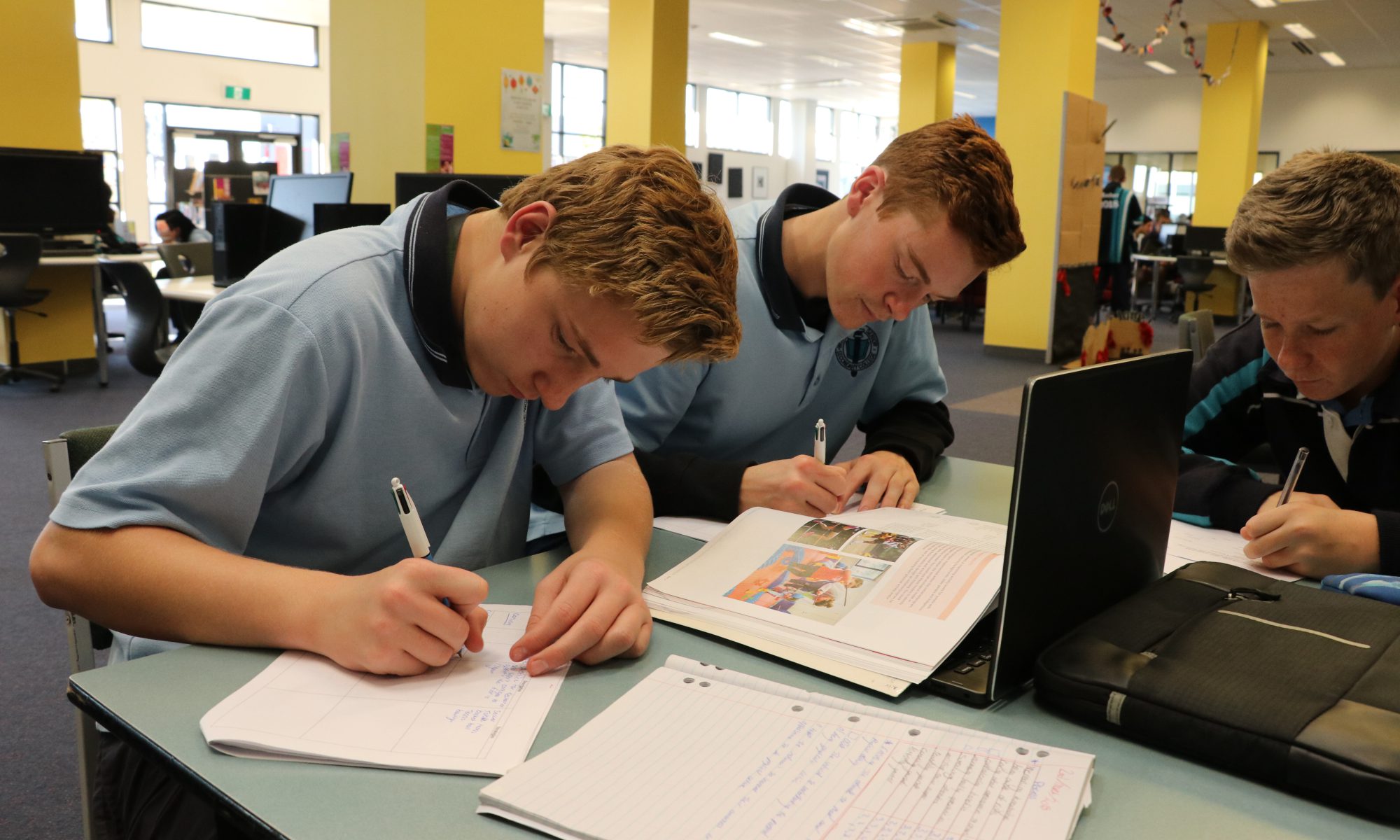Physics
Course Summary
Are you interested in making sense of the physical world? What underlies the laws of nature? Physics provides you with opportunities to explore questions related to the natural and constructed world. You will develop an understanding of the complexities and diversity of physics, and the interconnectedness of the content areas both within physics, and across physics and the other sciences. You will take a deep dive into the physical world, motion electricity, and light and matter.
VCE: Unit 1, Unit 2 and Unit 3 & 4 sequence available
Learning Activities & Assessment
- Explore the ideas that explain the physical world through a combination of theory, research and hands-on investigation
- Conduct research investigations in relevant topics
- Design a practical investigation into a particular form of air, soil and water pollution that is of global concern and communicate the finding to others
- Develop a deeper understanding of more complex physics concepts and theories
- Explore how experiments allow us to understands the physical world
Classroom Virtual Tour
Quick Links
Approximate Costs
Unit 1 & 2
Calculator $32
Unit 3 & 4
Calculator $32
Excursions $100
Learning Area Contact
Science Learning Area Leader
